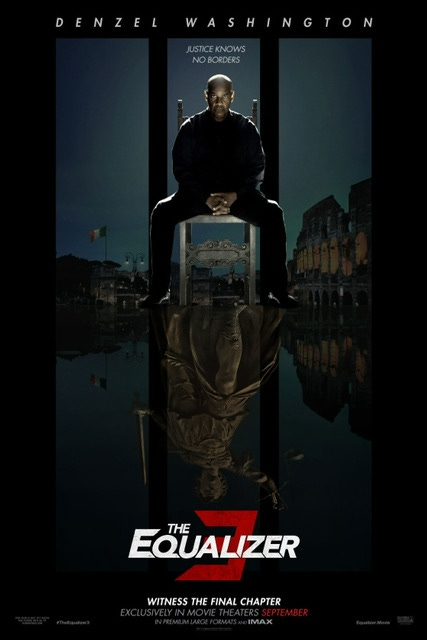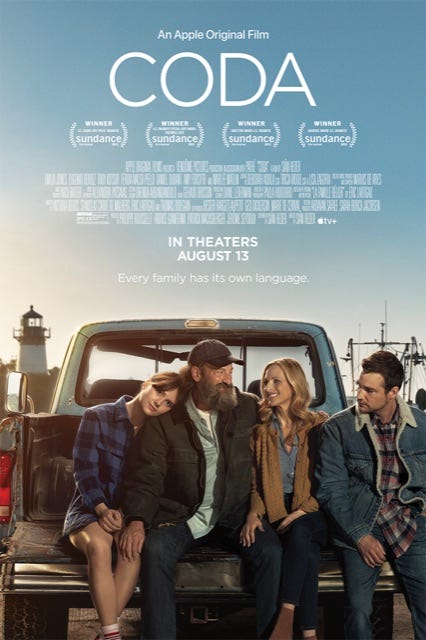Movies: Ghostbusters: Frozen Empire
Sony’s decent—if bleaker—restart weakens today’s ‘woke’, politically correct tone
Ghostbusters: Frozen Empire darkens the franchise, which started in 1984 with the late Ivan Reitman’s original comedy. For context, I never saw Hollywood’s post-Me, Too era, all-female version or the 2021 film, I enjoyed Reitman’s movie, probably on home video, and I watched the first sequel, Ghostbusters 2, my favorite Ghostbusters film. I also like the Ray Parker, Jr. title song.
Sony’s new movie, dedicated to Ivan Reitman, is curiously, subtly darker. Light and lightness flickers, fades and dims in a decent movie which is overstuffed, too long and too solemn. A sad, wide-eyed teenaged ghost named Melody brings coming-of-age lesbian overtones to Ghostbusters: Frozen Empire. None of this film is scary, let alone horrifying. The success of 1984’s Ghostbusters owes to a contrast of Saturday night comedy players’ silliness with horror. This picture has none of that.
Playing chess in a New York City park with a ghost at age 16, the main character, a teenage girl geek named Phoebe, dominates Frozen Empire. Phoebe’s fine as a character and performance. She makes for an interesting portrayal, though it ends up as an overlay of overtone. As it is, director Gil Kenan deserves credit for taking youth seriously, though with an overloaded cast and story, Phoebe’s emergent self-esteem and sexuality’s shoehorned into an action comedy laced with generic horror.
The film, co-created by Jason Reitman among others, comes with usual Ghostbusters staples, such as New York Public Library’s lions, a Bill Murray cameo, original cast members Dan Aykroyd and Ernie Hudson, and Paul Rudd referencing Parker’s pop hit. “Bustin’ makes me feel good,” made me laugh out loud, if only for being utterly incongruous to Hollywood’s anti-male, anti-sex cultishness.
Ghostbusters: Frozen Empire features scenes of skillful, animated storytelling. Other parts include a reference to a Thomas Edison invention and this, as well as Hudson’s capitalist character and a sinister government official, show sensitivity to the creative ethos which underlies the concept of a band of ghostbusters. A garbage bag sequence is best for action and a dig at Narnia by a comic relief character is the funniest. The villain’s an ancient ghost—male, of course—that brainwashes other ghosts.
It’s hard to overlook the kitchen sink mentality or studio-industry mandate to check boxes with feminism, family, multiculturalism and old people. Everyone gets in on the action, which depletes both its playfulness and potency of Phoebe’s deal with the devil. A book of matches affords an opportunity to play with fire in a movie that’s ultimately chilled if not as cold as ice.
Related Articles
Movies: Equalizer 3
Strictly in the context of today’s motion picture quality, which is getting bleaker, this sequel, starring Denzel Washington, excels. It’s emotionally potent. It stimulates the senses and, to a lesser extent, stirs one’s thoughts. The second sequel in the movie franchise based on Michael Sloan’s and Richard Lindheim’s original CBS show makes you scared…
Movies: Coda (2021)
Apple’s original 2021 movie and Best Picture Oscar winner, Coda, treats the audience to an inspirational story with great acting and dialogue. In an age of mass market, special effects-driven movies, Coda entertains. I enjoyed it. This compelling and well-crafted movie presents an extremely hard-working and headstrong high school student who faces a diff…
Movies: Inside Moves
What begins as a sad, dissonant tale of a jittery, disowned young man who hurls himself from a skyscraper in the middle of the downtown daylight becomes the tale of metamorphosis. It’s a quiet and classic story. Most of the major points are made offscreen — part of an unheard yet moving introspection — and the film’s theme, egoism, is abstract.







